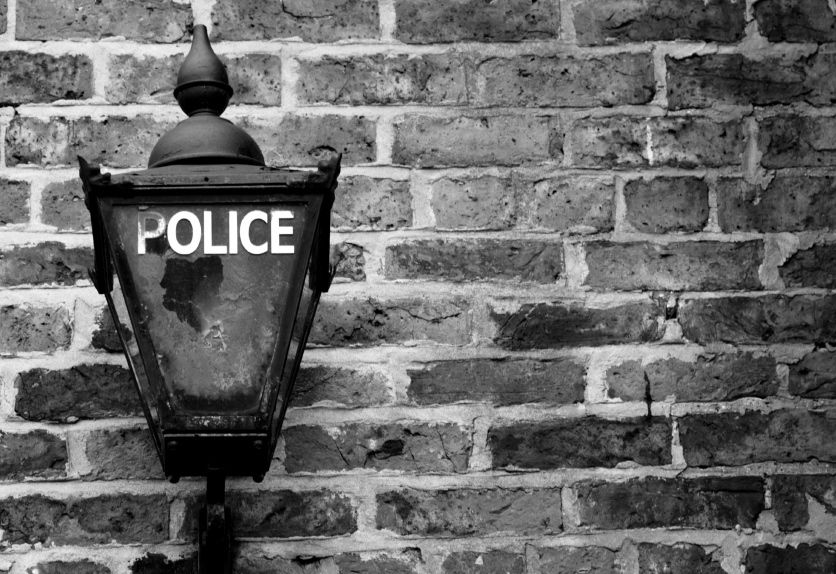The government introduced an amendment to the Public Order Bill yesterday. If passed, the new amendment will allow the police to stop protests before any serious disruption takes place.
Since last year, changes have already been made to legislation concerning the right to protest. This includes the Police, Crime, Sentencing and Courts Act, which allows the police to ban demonstrations that they believe are “seriously disruptive”, including being too noisy. Another controversial change has been the criminalisation of lock-on protests, a common tactic used by climate protesters where they lock themselves to others, objects or buildings.
If passed, the amendment introduced would set a lower bar for the legal definition of “serious disruption” by authorising the police to decide on the “total impact” of protests by the same group of people but at different times and venues. The new threshold would also give police the ability to put a halt to protests before serious disruption begins, as well as greater stop and search powers. It has been said that the changes are motivated by the need to respond to changing tactics of environmental protesters in blocking roads and “slow marching” in big cities.
The amendment has been highly criticised by various politicians and human rights organisations, especially in relation to freedom of speech. Baroness Shami Chakrabarti, a member of the Labour Party and former director of human rights organisation Liberty, said she fears this would be “treating all peaceful dissent as effectively terrorism”; Alistair Carmichael, the Lib Dem home affairs spokesperson described the amendment as “part of the conservative government’s anti-democratic attempts to silence any opposition to its policies”.
Prime Minister Rishi Sunak has provided the following justification: “The right to protest is a fundamental principle of our democracy, but this is not absolute. A balance must be struck between the rights of individuals and the rights of the hard-working majority to go about their day-to-day business.” Matthew Scott, the police and crime commissioner for Kent told Radio 4 that he thinks “it is the right thing to do”. He said the Kent police force had previously arrested Just Stop Oil protesters before they had climbed up the overhead gantries, and he does not think peaceful protests will be threatened as the protestors often carry equipment with them showing their intention to disrupt the motorway network.
The Bill is still being debated by the House of Lords and a spokesperson of Just Stop Oil claimed that even if the new law is passed it will not stop them engaging their right to protest.






